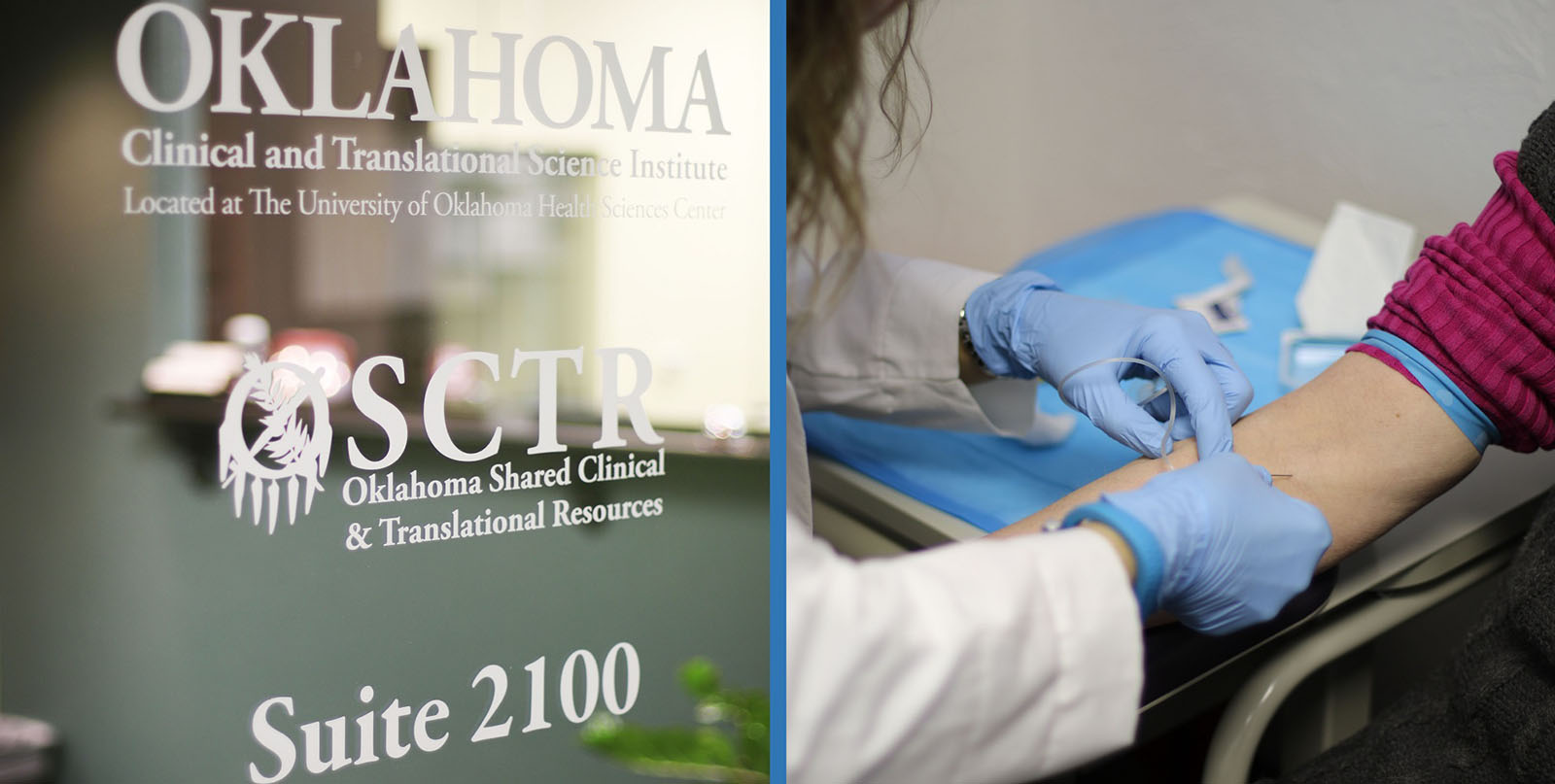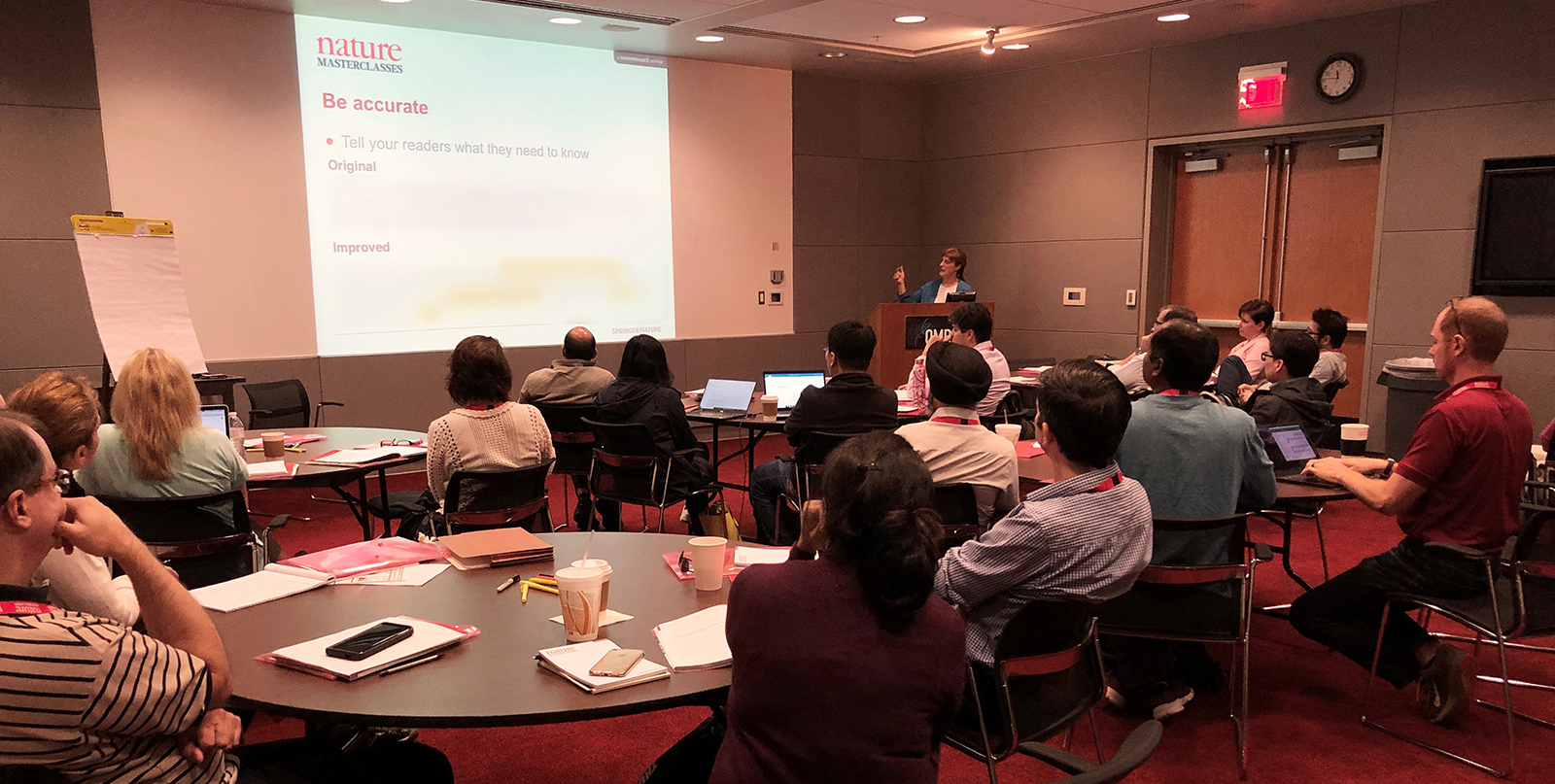Scale-Free Functional Brain Networks Exhibit Increased Connectivity, Are More Integrated and Less Segregated in Patients with Parkinson's Disease following Dopaminergic Treatment
Fractal Fract. 2022 Dec;6(12):737. doi: 10.3390/fractalfract6120737. Epub 2022 Dec 13.
ABSTRACT











